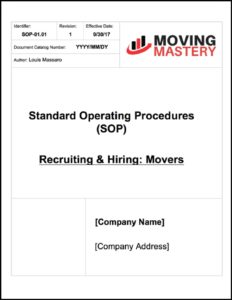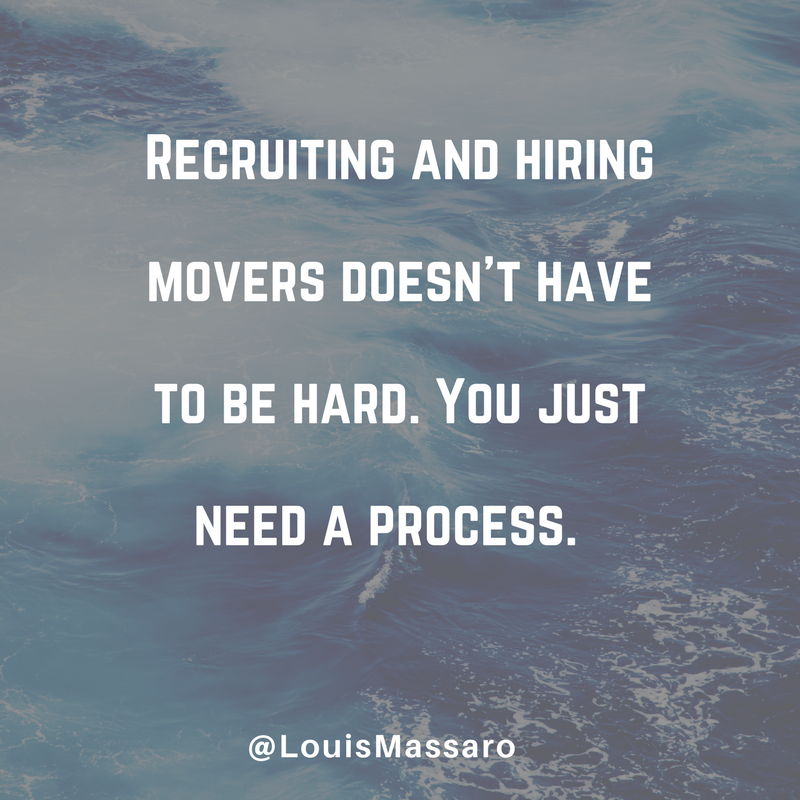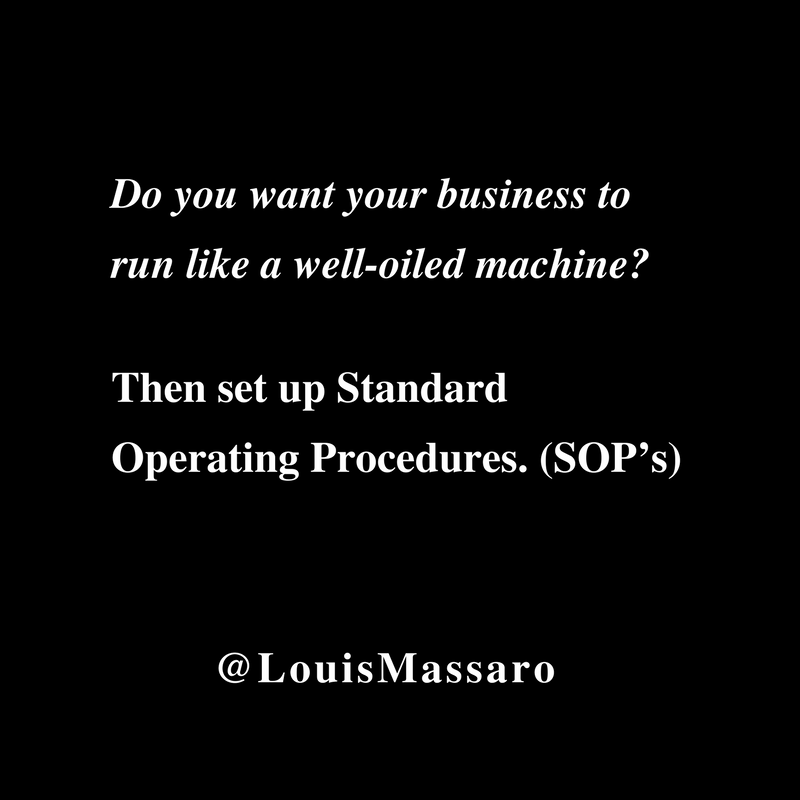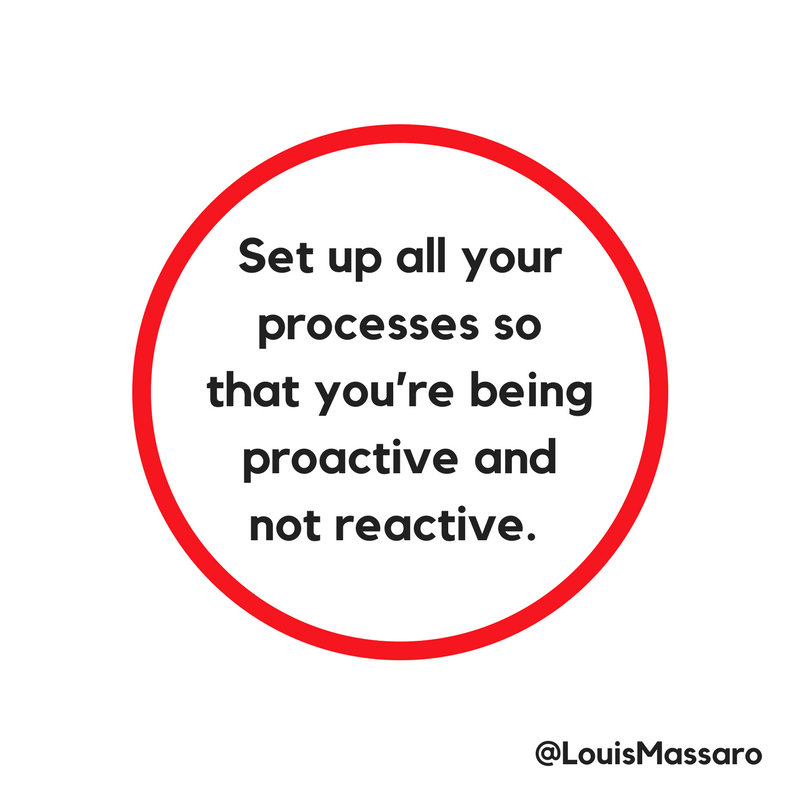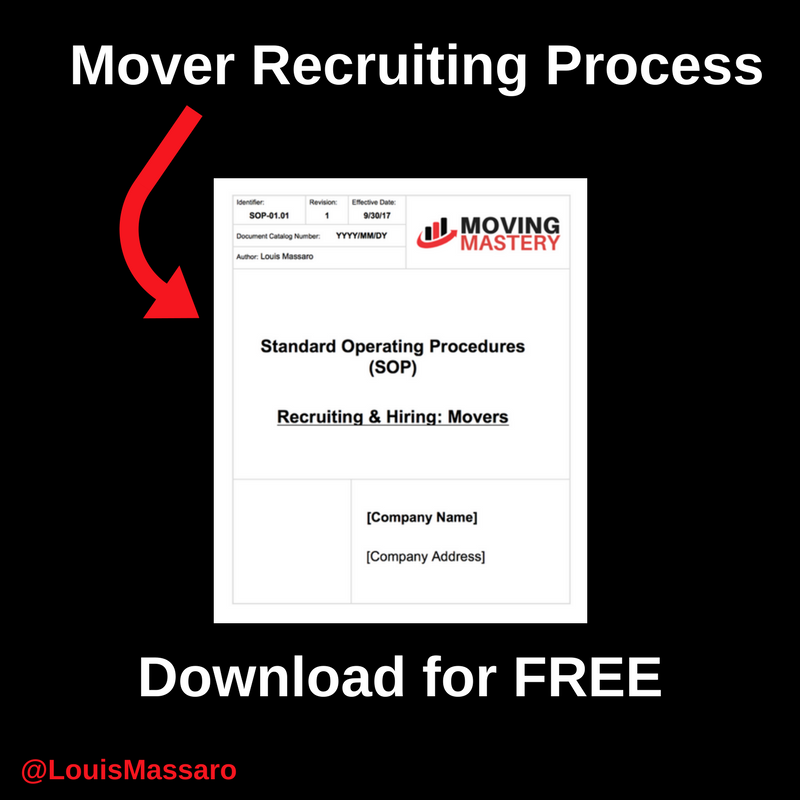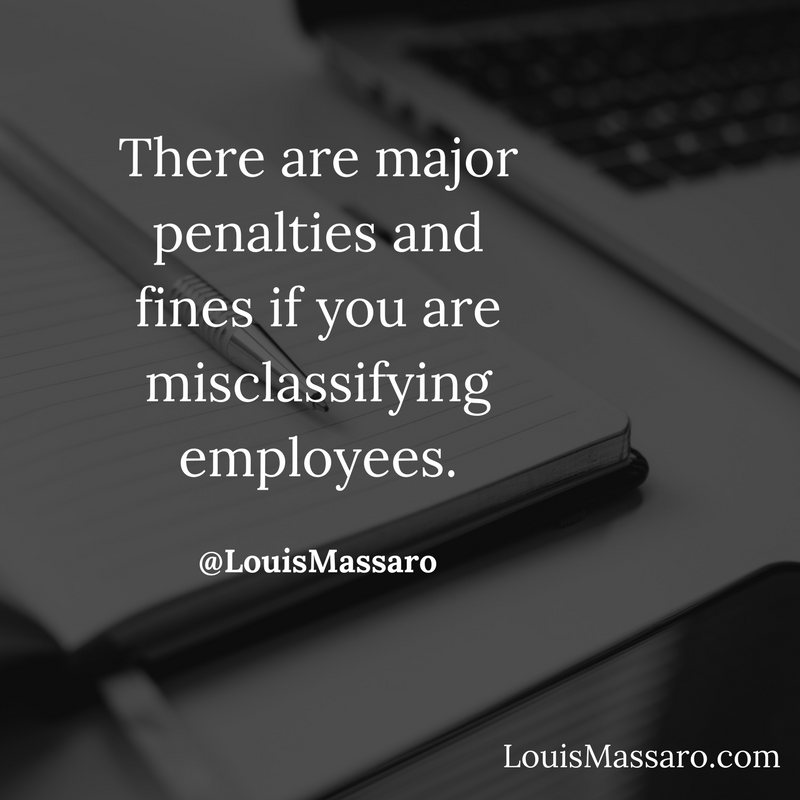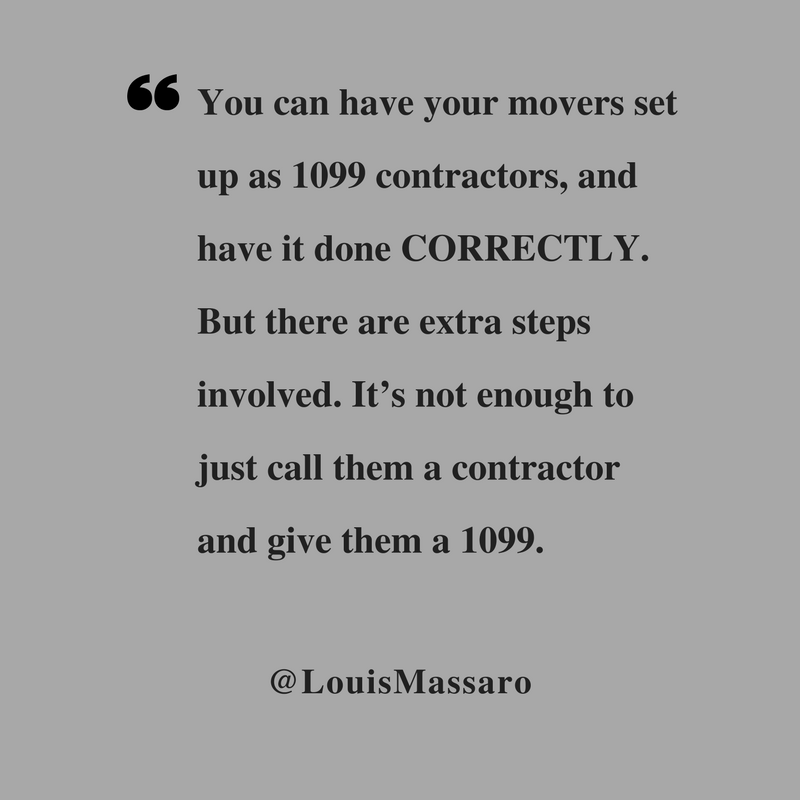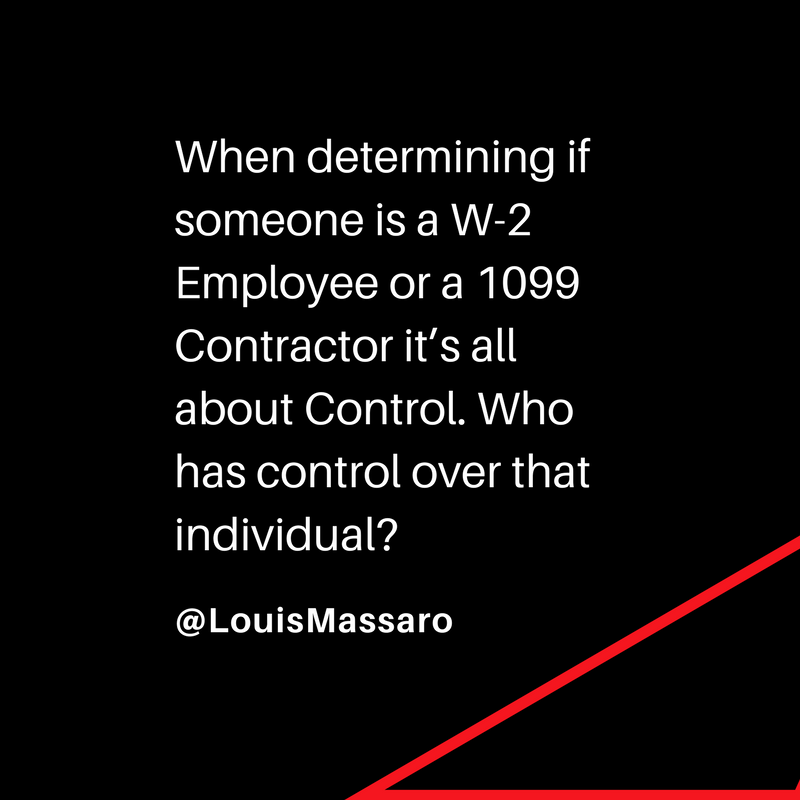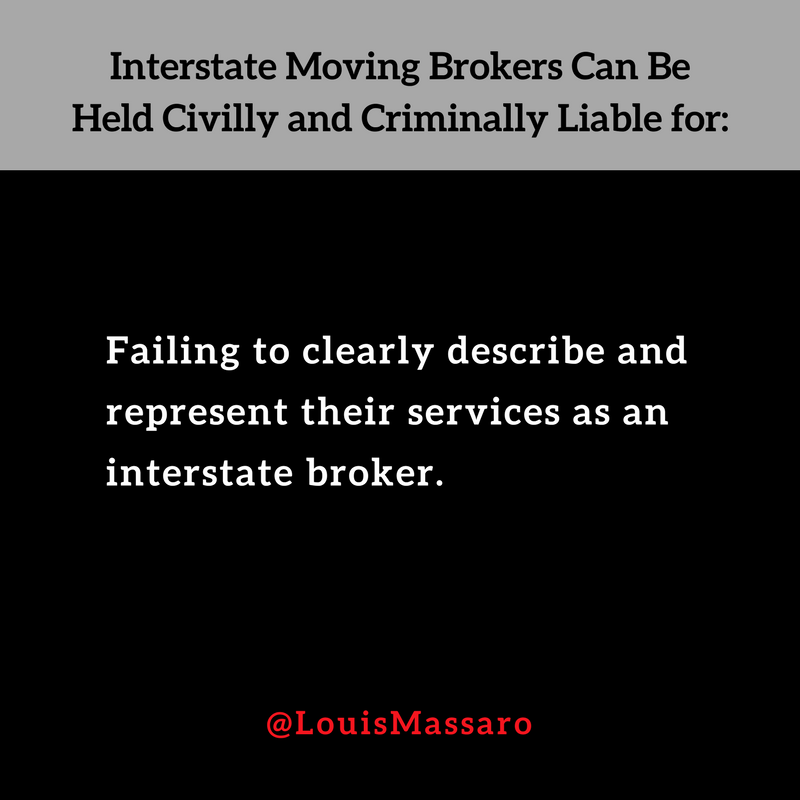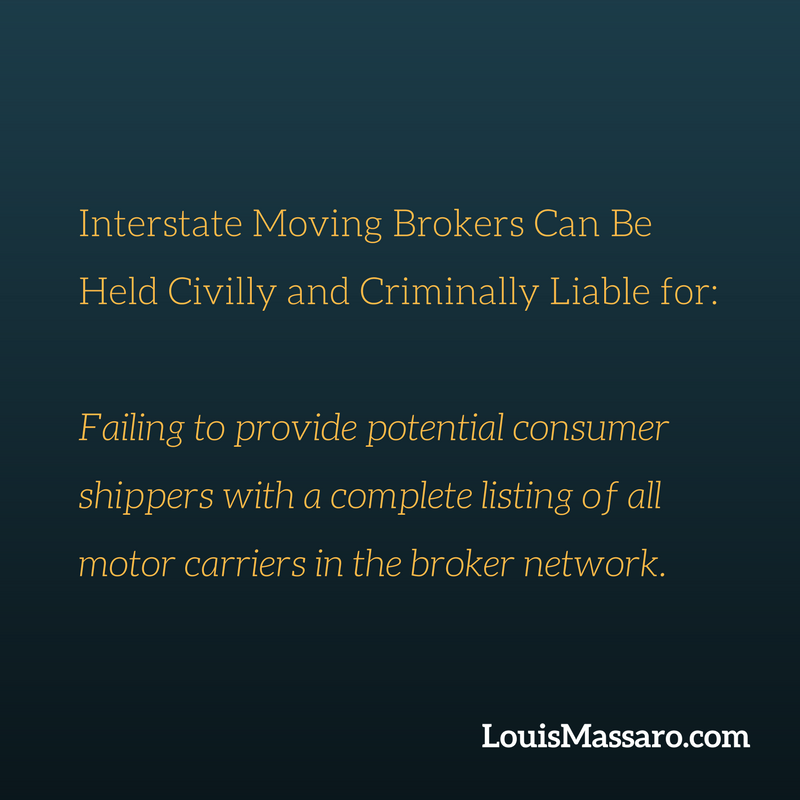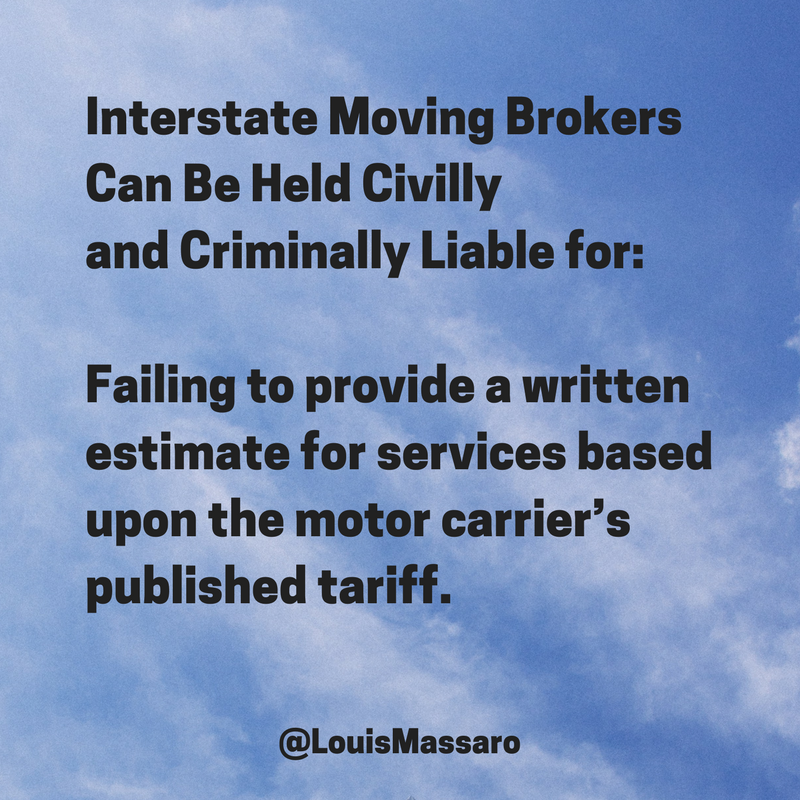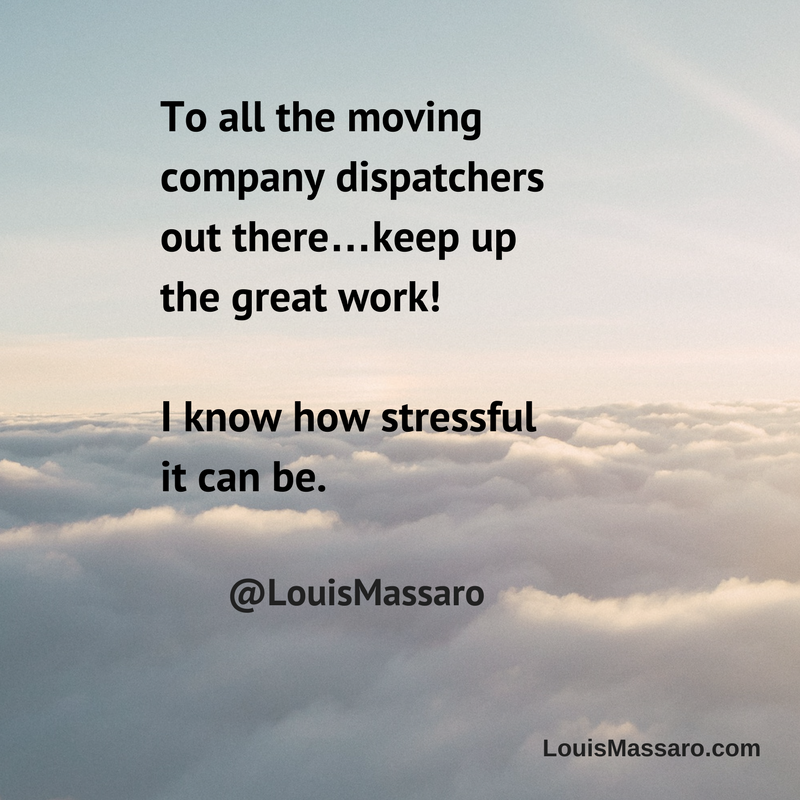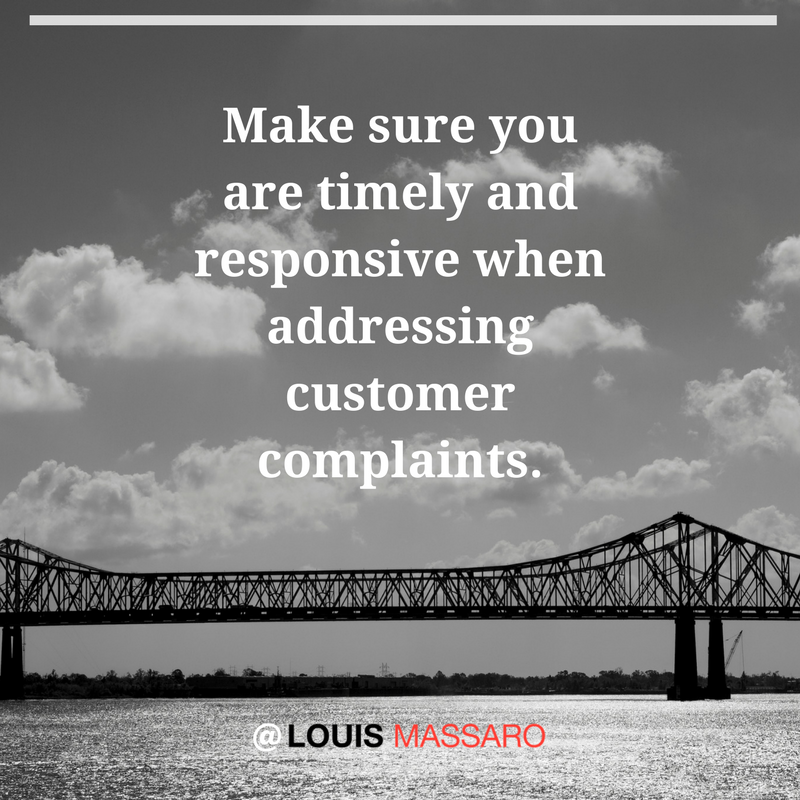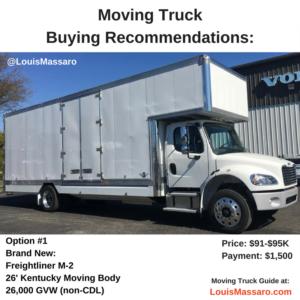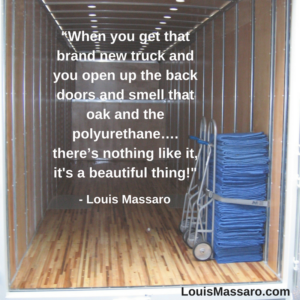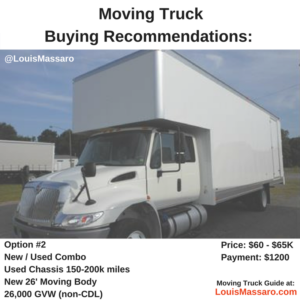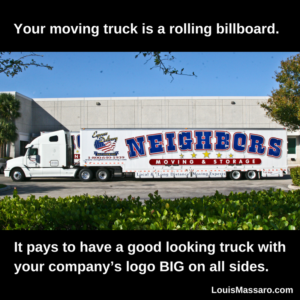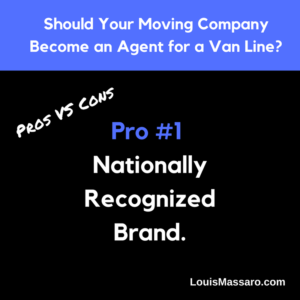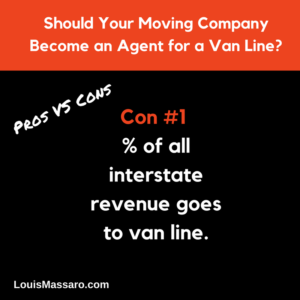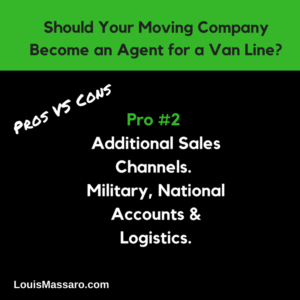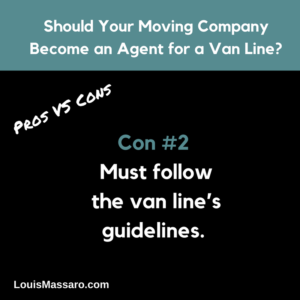5 Steps To Deal With Negative Online Reviews for Your Moving Company:
- Set up review notifications from all review sites – If you’re unaware of the review there’s nothing you can do to resolve it. Set up notifications from all of the review sites to send you an email as soon as you receive a review. This way you can work to resolve the negative complaints and celebrate the positive reviews.
- Call and email customer – When you get a negative online review your goal should be to resolve the issue ASAP. The best way to do that is to get the customer on the phone to discuss their problem. If they don’t answer, leave a message and then email them letting them know you want to make things right.
- 5 step complaint resolution process – As with all customer complaints you want to follow the 5 step complaint resolution process. Don’t take it personal, seek to understand, be timely and responsive, resolve the complaint, correct internally. For a deeper explanation on this process check out this post: 5 Steps for Moving Companies to Resolve Customer Complaints
- Your goal is to get the review to 5-stars or removed – Hopefully, you are able to resolve the customer’s issue and make them happy. Once you do, ask them if they would be willing to remove the review or modify it to a more positive one.
- Reply publicly – You should not be trying to resolve the issue publicly. Resolve it privately with the customer and then you can always respond publicly so that everyone else can see how you addressed the complaint.
Your online reputation is crucial to the success of your business. Make sure that you make protecting it a priority.
Watch the video above for the full episode.
Like this episode? Please share it! My blog and videos are ad-free ONLY because you share my work!
How can I help? What challenges are you facing in your business? What areas could you use some tips in?
Leave me a comment below and I will be more than happy to get back to you or post a video on the topic.
Follow Louis on Instagram for daily tips and motivation to grow your moving company.
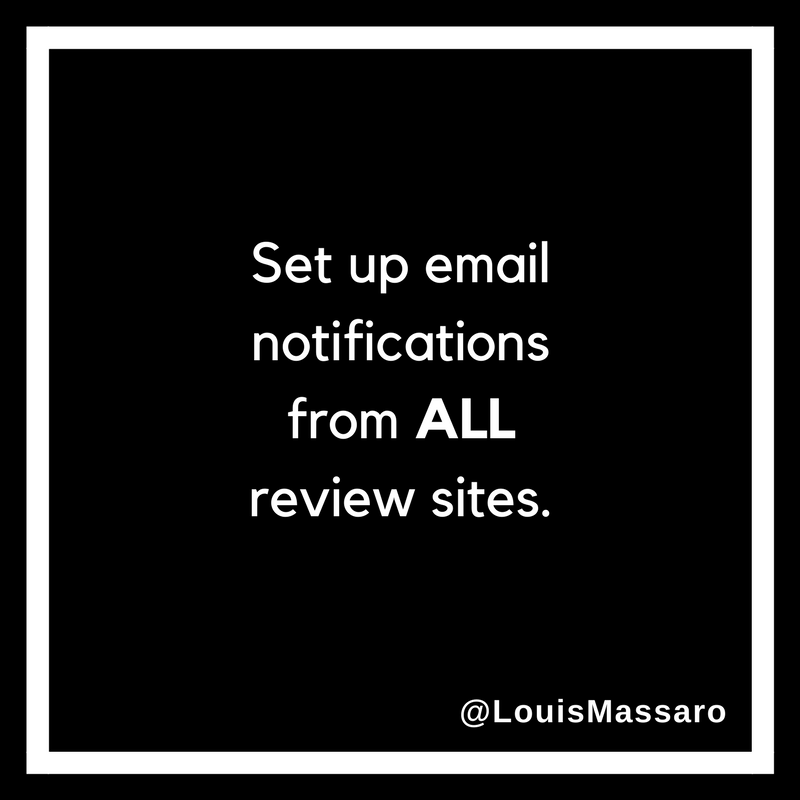
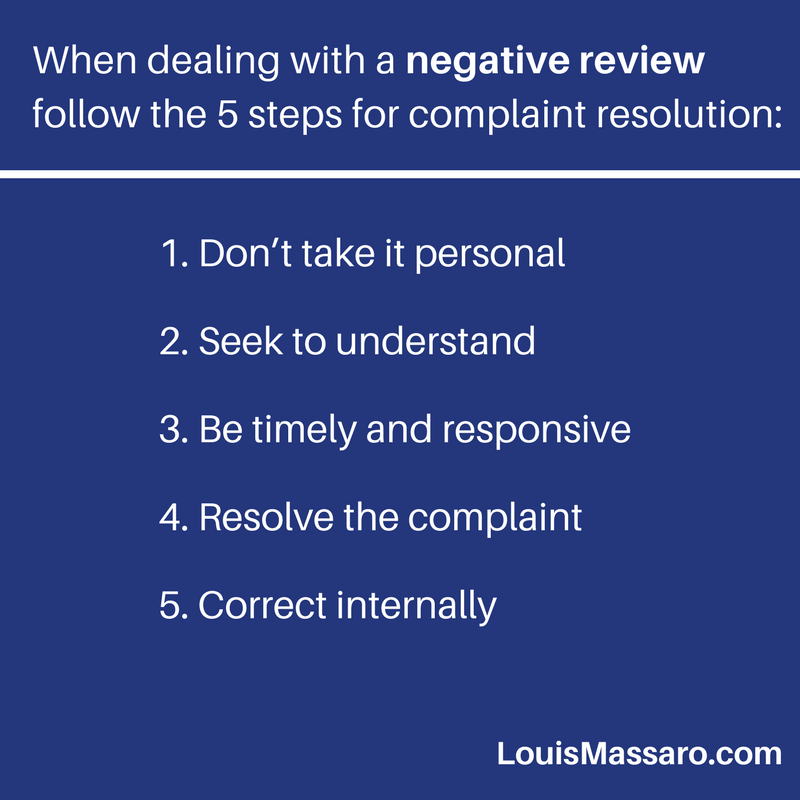
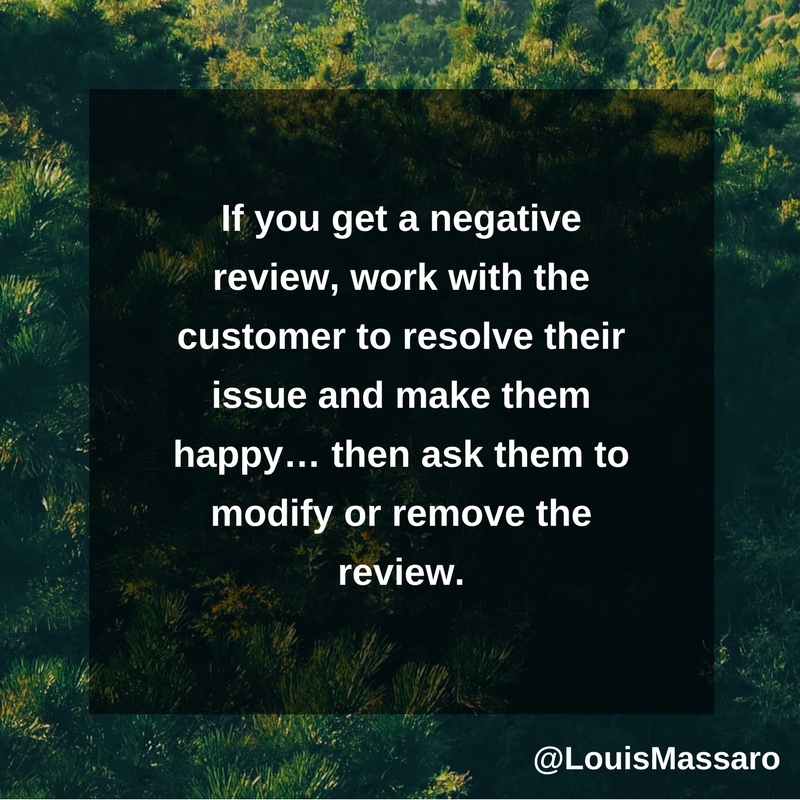
Full Transcript
[The following is the full transcript of this episode.]
Hey, my friend. It’s Louis Massaro, CEO of Moving Mastery and founder of Moving Sales Academy. What do you do when you get a negative online review? I know you go out there every day and you try your best to do a great job for your customers, but what happens when they go online and express their dissatisfaction with your company? When they go on and complain, and just… Whether it’s Yelp or Google reviews or moving reviews or wherever it is, how do you handle it to make sure that, A, you could address the issue, and B, let it have as minimum impact on your company as possible? Alright. So I wanna go through five steps to help walk you through how to handle it when you get an online review, when you get a negative online review. Alright. Well, first thing you need to do is you need to set up review notifications on all review sources. So whether that’s Yelp, Google, any other place where a customer can go leave a review, you need to make sure that you get notifications to your email immediately when it happens, so that it does not linger out there where you’re unaware of it. If you’re not getting notifications, a bad review could sit there for quite a while and you’re not even aware of it. And if you’re not aware of a problem, you can’t solve a problem. We talked about that in the video on awareness board. So make sure that you have the notifications coming to your email from all review sites. Alright.
Second thing is, now that you… Once you get a negative review, first thing you wanna do is identify who the customer is, which sometimes is not always easy to do, the name on the move might not be the name that they use on Yelp or on Google or whatever it is. But if you’re able to identify who they are, you wanna call and email that customer. This is the first thing you wanna do. You don’t wanna start replying to them publicly, privately. You wanna call them, is the first step. If they don’t answer, you definitely wanna leave a message and then follow up with an email. Alright? You wanna resolve the issue before you start worrying about how it looks online. Alright? So get them on the phone, then once you get them on the phone, you’re gonna wanna walk them through the five-step complaint resolution process. We talked about this in a previous video on resolving complaints. Basically, don’t take it personal, step number one. Seek to understand, be timely and responsive, resolve the complaint, and then correct internally. Let me just go through that real quick so that you get it.
Don’t take it personally. They may slander you online, they may really bash your company, and maybe even you individually online. You can’t take it personally. Get them on the phone, seek to understand what their problem is, make sure you’re timely responsive. So as soon as you get that review, get them on the phone. Alright. If you tell him you’re gonna call him back, call them back right away, okay? Then resolve the complaint. Don’t let it linger. Don’t just let it sit out there and hope that it’ll go away. You need to work to resolve it, and then always come back and correct it internally. What caused this to happen? How can we prevent this from happening again? That type of thing. That’s the five steps to resolving complaints, customer resolution. Number four, know that your goal, after you resolve their issue and take care of the problem, is to get that review to either five stars or removed. Okay? You wanna talk to the customer, you wanna resolve their problem. Hopefully, it’s just a small misunderstanding and you’re able to work through it. And then you wanna ask them like, “What can we do to change this around and make our service a five-star service?” You wanna work to get that review increased in stars. Alright. Don’t be afraid to ask them to give you a higher rating based on the resolution. Don’t be afraid to ask them to remove the review entirely.
This is something Yelp doesn’t want you doing, but you know what, this is your company we’re talking about. And if you resolve their issue and they’re happy with it, ask for an increased star rating or ask them to remove the review. Okay? Then, and only then, after you’ve resolved the issue, you publicly reply. Okay. So if the review doesn’t come off, whether they don’t change the star rating or whether they do change the star rating, whatever the case may be, you wanna make sure that everyone else that comes to that page sees how you replied to them, sees how you handled it. So now, if you’ve already resolved the issue, your response can be something like, “Well, thank you so much. I’m glad we were able to resolve this issue for you,” and state that there was a resolution to it. Now, the only time that you wanna make sure… You don’t wanna just reply to them publicly first and foremost, right? You’re gonna call, but sometimes you might not be able to identify who they are based on the move. You don’t really… There’s not enough detail in the complaint for you to know who it was. You weren’t aware of any issue.
If you can’t get them on the phone and you can’t get them to reply to an email from you within a day max, then you reply to them on the site itself, whether it’s Yelp or whatever else, privately. You send them a private message, because remember, the goal is to get them on the phone. The goal is to find out what happened so that you can resolve the issue and then, and only then, if you can’t get them on the phone, if you cannot… You’ve tried, you’ve sent private messages, you’ve called them, you’ve emailed them, then you could reply publicly to try to let everyone else know that you’ve attempted to get ahold of this customer. You’re not sure who they are. Please call you, give them your direct number so that they can reach you to resolve the issue. And this way, anyone else that’s looking at it will be able to see that they’re making an attempt. Okay. Because not all reviews are… Sometimes they’re not real reviews. Sometimes it might be your competition, unfortunately, putting a bad review out there for you. Okay? So attempt to reach out to them, attempt to resolve the issue. Go through the five steps of resolving customer complaints. I’ll put the link down below. If you haven’t seen that video, definitely watch that video. And they’re gonna happen.
Do everything you can to make sure that you’re eliminating complaints in general, but the best thing you can do is jump on top of them, deal with them, be proactive, resolve it, try to get it removed or try to increase the star rating, and keep doing your thing. Alright? I hope this was helpful. Until next week. Go out there every single day, profit in business, thrive in life. I’ll see you later.

